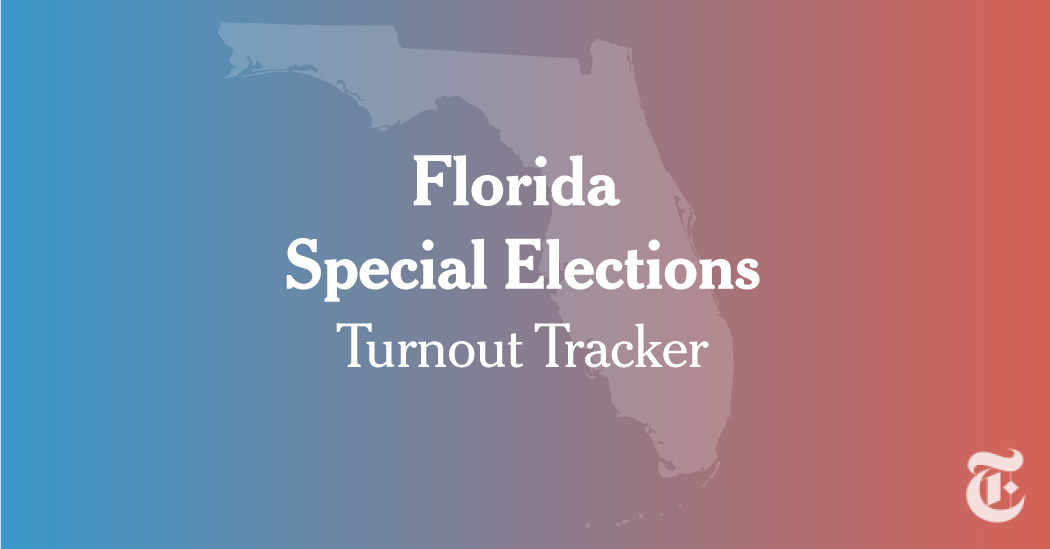Democrats Eye Special Election Upsets in Florida
On Tuesday, Democrats are setting their sights on a challenging but potentially rewarding outcome in the special elections being held in Florida’s First and Sixth Congressional Districts. Their goal is to chip away at the Republican Party’s slim majority in the House of Representatives.
Both districts lean heavily Republican: In the last election, President Trump secured Florida’s First District by an impressive 37-point margin and the Sixth District by 30 points. Despite these numbers, history suggests that special elections can often favor Democrats. This year alone, they have already achieved surprising victories in several state legislative special elections.
For instance, in January, a Democratic candidate in Iowa clinched a State Senate seat, winning by four points in a district that Trump had carried by a substantial 20-point lead. Similarly, in March, a Democrat in Pennsylvania emerged victorious by two points in a State Senate special election within a district that Trump had won by over 10 points last year. These upsets have fueled Democratic optimism as they head into the special elections on Tuesday.
Recent polling has shown a closer-than-anticipated race in the Sixth District, further bolstering Democratic hopes. To better understand the electoral landscape, we are monitoring the partisan breakdown of voters who have cast their ballots in both Florida special House races. While turnout data can provide insights into which party may hold an advantage, it doesn’t guarantee victory. Democratic or Republican voters may choose not to support their party’s candidate, and a significant portion of the electorate remains unaffiliated with either party.
We categorize voter turnout into two main segments: “early turnout” includes those who have returned mail ballots and those who have voted in person prior to Election Day, while “Election Day turnout” will be updated as voters cast their ballots in person on Tuesday. The first polls will close at 7 p.m. Eastern time.
It is important to note that the partisanship of voters can vary significantly between those who vote early and those who vote in person on Election Day. Typically, early voters, especially those voting by mail, tend to lean more Democratic compared to their Election Day counterparts.
For additional context, our tracker provides insights into voter turnout and the results from the 2024 presidential election in these districts, differentiating between early and Election Day voters.
- Florida’s First Congressional District: Previously represented by Matt Gaetz, who resigned shortly after being re-elected following his nomination by Trump for attorney general—a position he ultimately withdrew from consideration. The ballot features Democrat Gay Valimont and Republican Jimmy Patronis.
- Florida’s Sixth Congressional District: This seat was vacated by Michael Waltz after President Trump appointed him as his national security adviser. Waltz recently found himself in hot water after including an Atlantic editor in a Signal group chat discussing sensitive military strategies. The candidates vying for this seat are Democrat Joshua Weil and Republican Randy Fine.
Jonah Smith has contributed valuable data analysis to this electoral overview.




